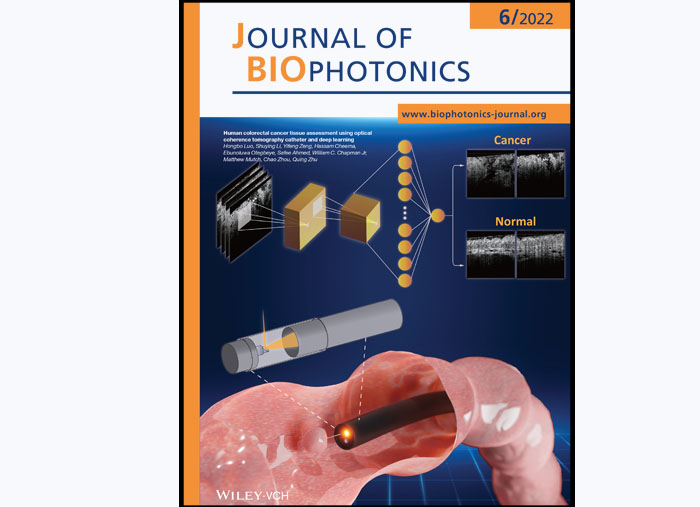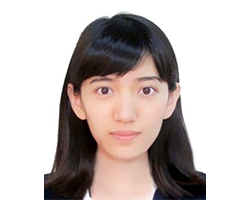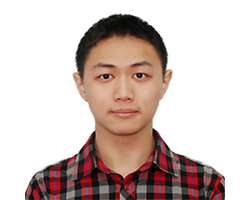Pairing imaging, AI may improve colon cancer screening, diagnosis
Quing Zhu’s lab has combined optical coherence tomography (OCT) and machine learning to develop a colorectal cancer imaging tool that may one day improve the traditional endoscopy

A research team from the lab of Quing Zhu, the Edwin H. Murty Professor of Engineering in the Department of Biomedical Engineering at the McKelvey School of Engineering at Washington University in St. Louis, has combined optical coherence tomography (OCT) and machine learning to develop a colorectal cancer imaging tool that may one day improve the traditional endoscopy currently used by doctors.
The results were published in the June issue of the Journal of Biophotonics, with an image featured on the inside cover.
Screening for colon cancer now relies on human visual inspection of tissue during a colonoscopy procedure. This technique, however, does not detect and diagnose subsurface lesions.

An endoscopy OCT essentially shines a light in the colon to help a clinician see deeper to visualize and diagnose abnormalities. By collaborating with physicians at Washington University School of Medicine and with Chao Zhou, associate professor of biomedical engineering, the team developed a small OCT catheter, which uses a longer wavelength of light, to penetrate 1-2 mm into the tissue samples.
Hongbo Luo, a PhD student in Zhu's lab, led the work.
The technique provided more information about an abnormality than surface-level, white-light images currently used by physicians. Shuying Li, another PhD student in Zhu’s lab, used the imaging data to train a machine learning algorithm to differentiate between “normal” and “cancerous” tissue. The combined system allowed them to detect and classify cancerous tissue samples with a 93% diagnostic accuracy.
Working with Vladimir Kushnir and Vladimir Lamm at the School of Medicine, Zhu’s team of PhD students, including Taylor Nie, started a trial in patients in July 2022.
Zhu also is a professor in the Department of Radiology at the School of Medicine.
The study was partially funded by the National Institutes of Health (R01 R01CA237664) and the Siteman Cancer Center (Pre-R01).
The McKelvey School of Engineering at Washington University in St. Louis promotes independent inquiry and education with an emphasis on scientific excellence, innovation and collaboration without boundaries. McKelvey Engineering has top-ranked research and graduate programs across departments, particularly in biomedical engineering, environmental engineering and computing, and has one of the most selective undergraduate programs in the country. With 140 full-time faculty, 1,387 undergraduate students, 1,448 graduate students and 21,000 living alumni, we are working to solve some of society’s greatest challenges; to prepare students to become leaders and innovate throughout their careers; and to be a catalyst of economic development for the St. Louis region and beyond.





